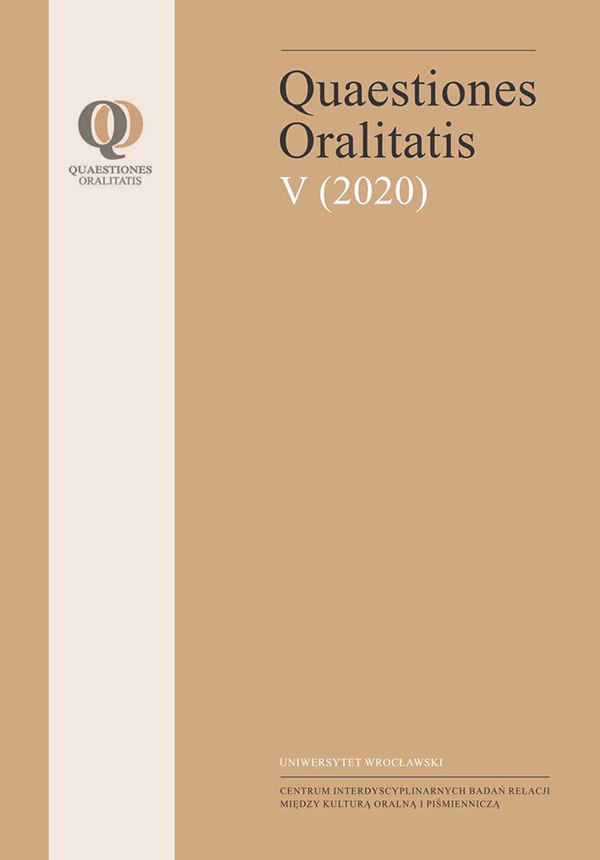The Catechism by Benedykt Herbest: Print and Orality in Religious Education on the Verge of the Modern Epoch
The Catechism by Benedykt Herbest: Print and Orality in Religious Education on the Verge of the Modern Epoch
Author(s): Waldemar KowalskiSubject(s): Christian Theology and Religion, Social Sciences, Education, Theology and Religion, History of Education
Published by: Wydawnictwo Uniwersytetu Wrocławskiego
Keywords: the religious Reformation; catechism; sermonizing; early modern Church; Cracow
Summary/Abstract: The article discusses Rev. Benedict Herbest’s doubts about whether a printed exposition of faith be recommended to the faithful and how much the written word may support the teaching from the pulpit. Herbest (1531–1598) was a Polish Catholic priest, a vigorous polemicist and a leading opponent of the local Reformation. He was the author of The Teaching of a Righteous Christian, a catechism that was published in 1566 in Cracow. In terms of communicativeness and pragmatic intentions, it outshines all other catechisms, both Catholic and Evangelical, that were addressed to a Polish readership in the sixteenth century. The dogmas are presented in the form of a dialogue between a priest and his lay interlocutor, a townsman. Despite employing this traditional form of explanation, the catechism shows how difficult it was to reconcile the need for a high-quality religious, print-disseminated clarification against the hoary tradition of oral instruction.
Journal: Quaestiones Oralitatis
- Issue Year: 5/2020
- Issue No: 1
- Page Range: 113-132
- Page Count: 20
- Language: English

